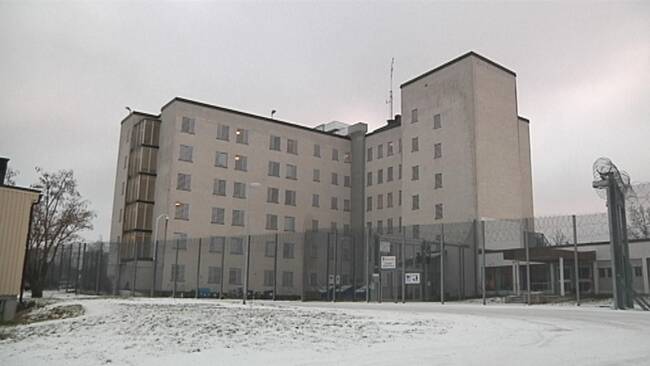In the supervision, which was done this summer, several inmates testify that after locking up, it can take several hours before staff arrives if they alert them that they need to go to the toilet. Therefore, they have repeatedly had to fulfill their needs in the trash of the cell.
Each intake is given a bottle of urine, a so-called kissanka, upon lock-in, but upon inspection several full bottles were discovered inside the cells and the smell smelled bad inside, according to JO's inspection protocol. A number of cells also lack sink and running water.
"Must be degrading"In a separate statement to the Supervisory Protocol, ChefsJO Elisabeth Rynning strongly criticizes the institute:
"In a previous decision, I stated that it must typically be seen as degrading the individual to be referred to fulfill their needs in a plastic bag or trash can," she writes, questioning even if the toilet situation for the inmates complies with the Constitution's provision on that each intake should be treated with respect for its human value.
The inspection of the Västervik Norra facility was conducted this summer by JO's special Opcat group, which examines how the deprived of human rights are used.
The prison will be renovatedThe facility management responds that you are aware of the shortcomings. Last year, the government agreed to extend the Prison Service's rental agreement for the premises in Västervik north by 25 years. The decision means, in addition to increasing capacity by 50 seats, that the Prison and Probation Service will soon make a major renovation of the facility and then the deficiencies will be corrected, they write.
The Västerviksanstalten, which is a security class 2 institution with 255 seats, is housed in an old hospital that was rebuilt, and opened in 2005.

